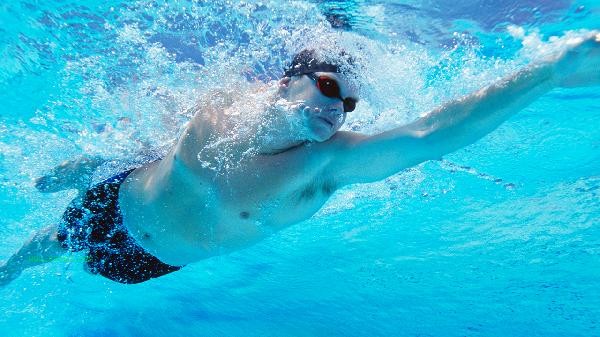It is recommended to swim at least 1 hour after meals, and avoid fasting before meals. The choice depends on the individual's digestive ability and exercise intensity, both of which have their own advantages and disadvantages.

When swimming after a meal, blood in the human body tends to flow towards the gastrointestinal tract to aid digestion. Swimming immediately may lead to indigestion or discomfort in the stomach. It is recommended to wait for at least 60 minutes after eating before entering the water, especially for high-fat and high protein diets that require longer digestion time. Before swimming, it is recommended to consume a small amount of easily absorbable carbohydrates such as bananas, which can provide energy without increasing the burden on the gastrointestinal tract. Moderate to low-intensity swimming is more suitable for after meals to avoid stomach reflux caused by vigorous movements. Swimming before meals is suitable for morning or short-term light exercise, but completely fasting may lead to hypoglycemia. Add a small amount of sugary food, such as juice or energy bars, 30 minutes before swimming. It is recommended to schedule high-intensity training before meals, as this allows the body to burn fat more efficiently. Patients with diabetes or those with abnormal metabolism should pay special attention to monitoring blood sugar to avoid dizziness when swimming. Whether swimming before or after meals, it is necessary to do warm-up exercises to prevent cramps, and replenish water and electrolytes in a timely manner after swimming. Middle aged and elderly people as well as those with weak digestive function should prioritize swimming before meals, while teenagers and those with good physical fitness can arrange appropriate exercise after meals. Flexibly adjust according to the daily diet and exercise plan, and stop immediately if discomfort such as nausea and dizziness occurs.









Comments (0)
Leave a Comment
No comments yet
Be the first to share your thoughts!